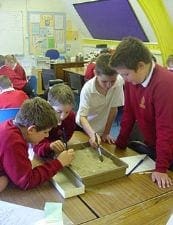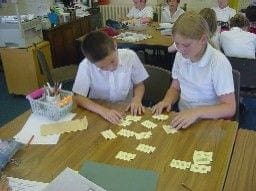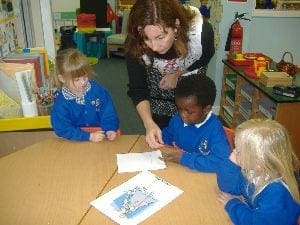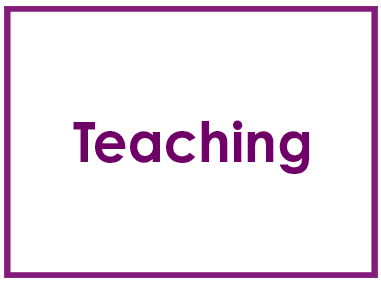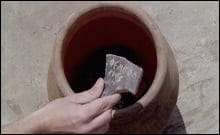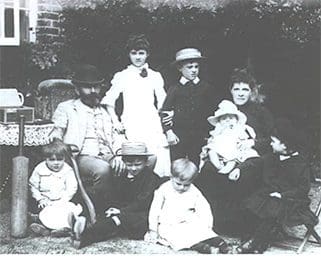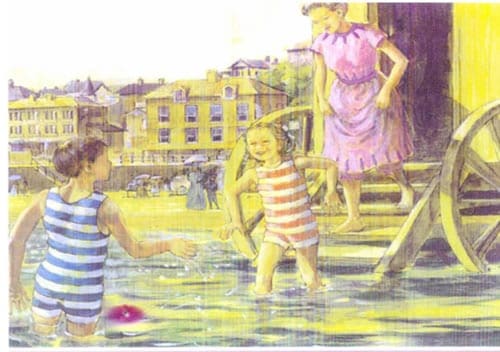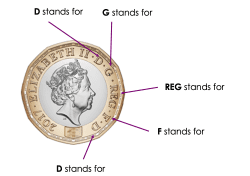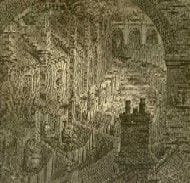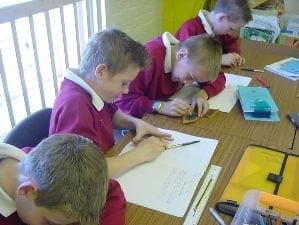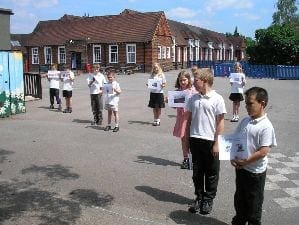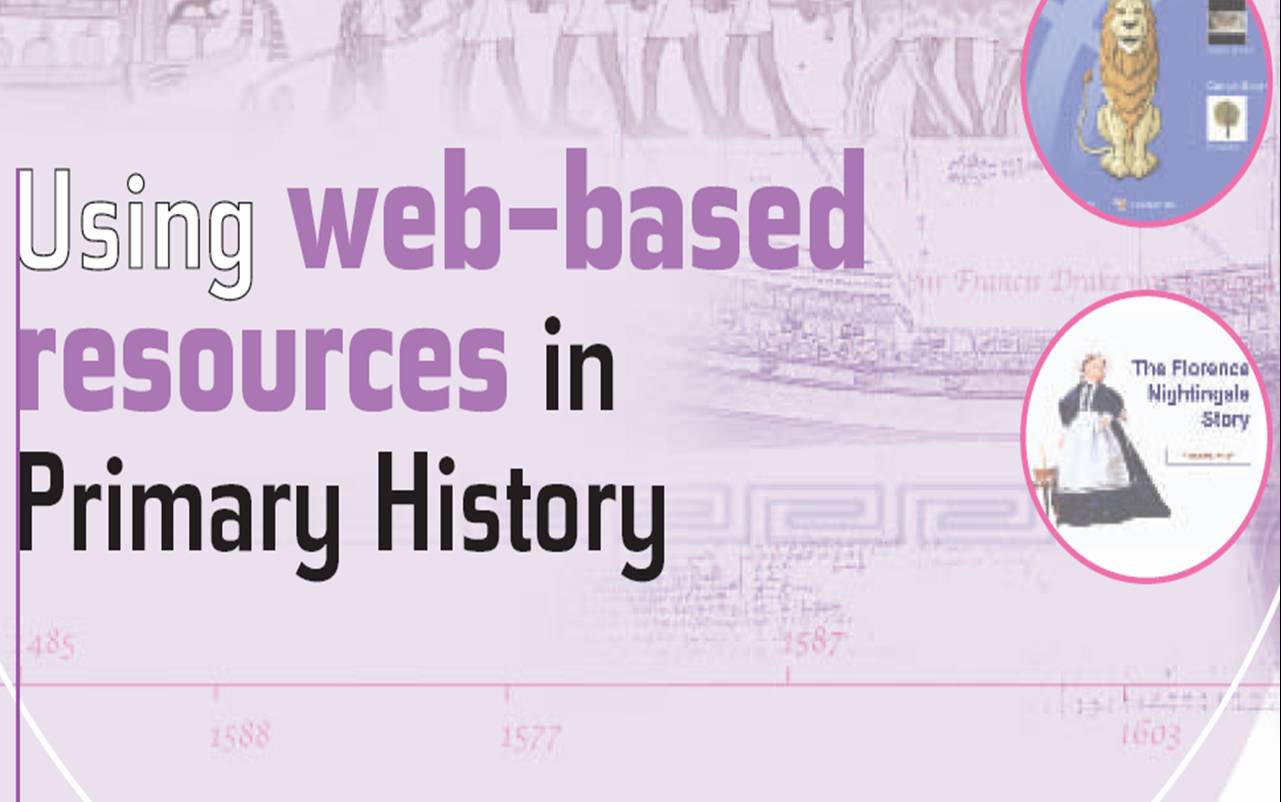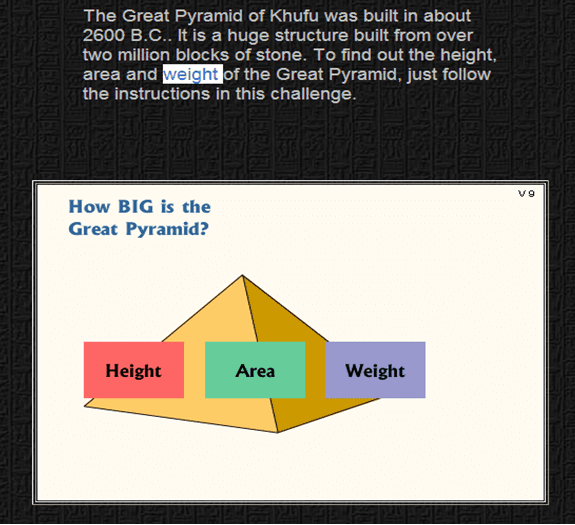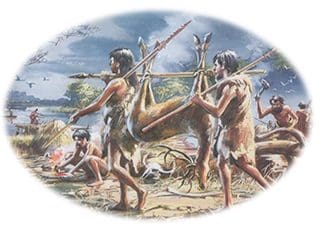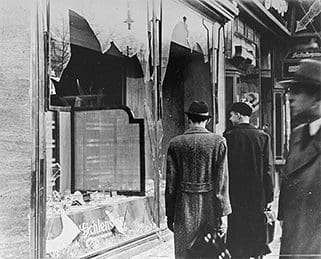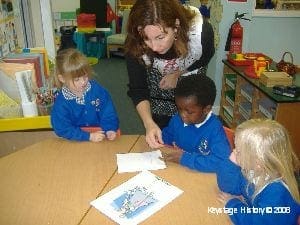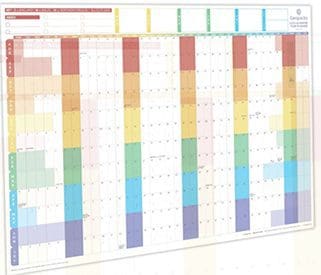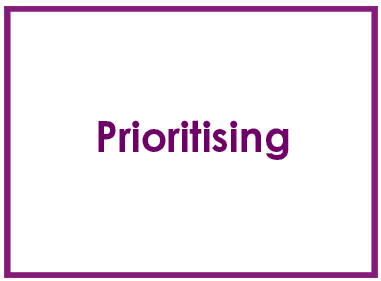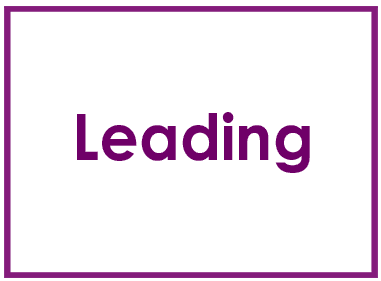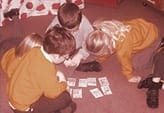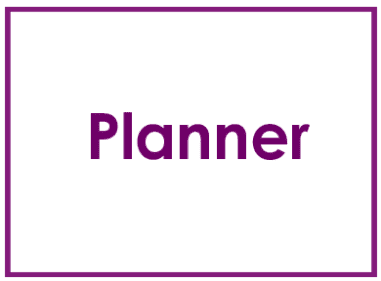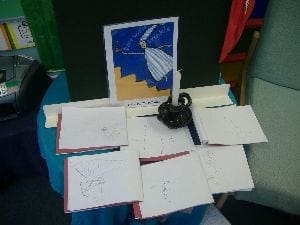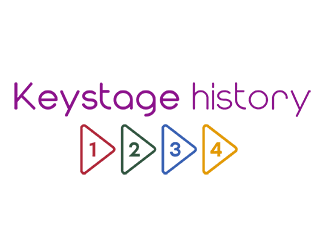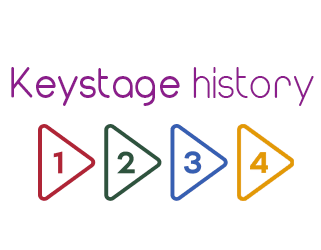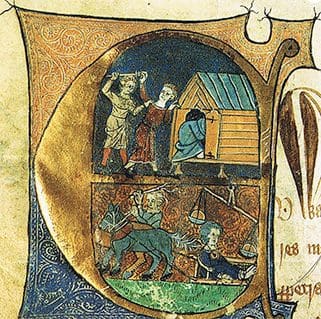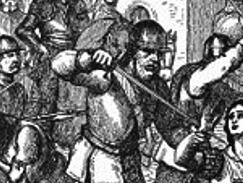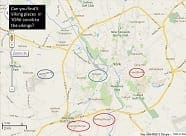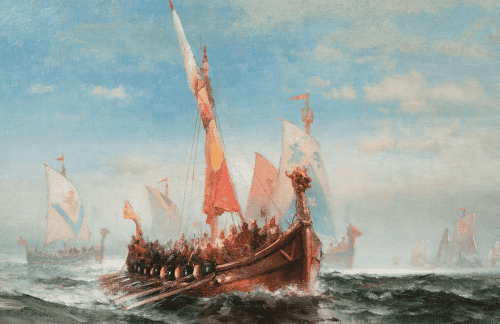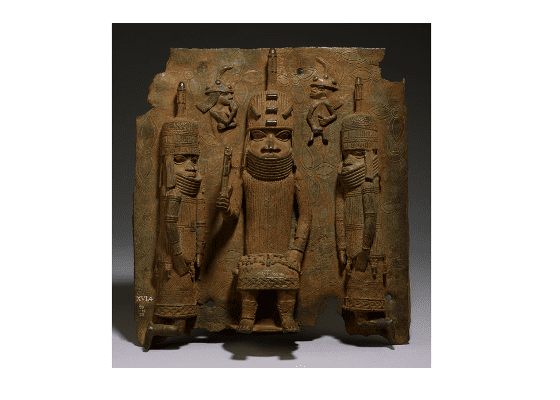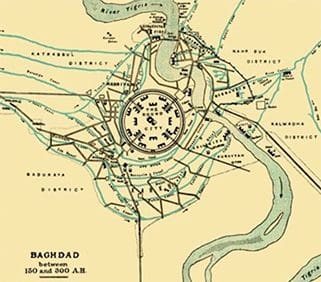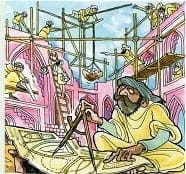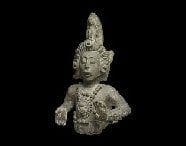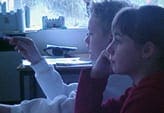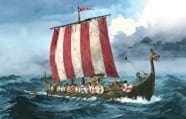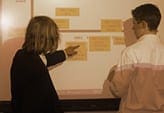Keystage history
Personalised learning in history at KS 2
This is certainly one of the key areas to be focusing on in the next few years and lies at…
Read MoreGender issues in history at Key Stage 2
It is hard to think of a teaching and learning strategy that one would use with boys. We all know…
Read MoreGifted and talented pupils in history at Key Stage 2
Much has been written in general terms about identifying and then catering for able pupils in history. OFSTED and others…
Read MoreKey motivational factors in history teaching at Key Stage 2
The essence of what appeals to pupils can often be summed up by the words, People, Puzzle and Point. Children…
Read MoreS.E.N. in history at Key Stage 1 and 2
By inclusion we mean three things here: setting suitable learning challenges, responding to pupils’ diverse needs, and overcoming potential barriers…
Read MoreAPP in history: where are we now? Some key questions answered
NB. This section is no longer current, so please don’t base your action on its contents. It has been left…
Read MoreGeneral resources for teaching A level
Resources I have included a section on resources as it is likely that keeping up-to-date with all the recent websites/articles…
Read MoreHow to teach Ancient Greece to Key Stage 2
To all intents and purposes, the ancient Greek planning and all the outstanding lessons fit just as perfectly with the…
Read MoreUsing a Victorian census to discover what life was like 100 years ago
There are 4 separate ways of approaching this topic, each becoming increasingly more ambitious. Stage 1 is featured below. Stages…
Read MoreSmart Task: KS1 – Assessment in history
Key Stage 1 assessment in history It is really hard to find quality examples of assessment tasks at Key Stage…
Read MoreHenry VIII on the money. The strange case of the one pound coin
This is not so much a full lesson as an introduction to the Break with Rome. It revolves around the…
Read MoreVictorian Cities
If life was so hard for families in the towns why did so many leave the countryside and move to…
Read MoreCreativity in History at Key Stages 1 and 2
This best place to start with developing your thinking on creativity in history is to think in terms of: –…
Read MoreWhat do we mean by thinking skills in history at Key Stage 2?
Whenever a new initiative is introduced the natural reaction is to assume that what we have been doing up to…
Read MoreICT in the history curriculum at Key Stage 2
When planning to use ICT in the history curriculum it is of paramount importance that the history is enhanced by…
Read MoreNumeracy and history at Key Stage 2
History is full of opportunities to enhance pupils’ grasp of numeracy. We don’t have to contrive examples. We do, however,…
Read MoreOpportunities for Citizenship Education in Key Stage 2 History
This section covers two main aspects: the ways of thinking that support citizenship education and the knowledge of past situations…
Read MoreDesigning your curriculum for history at Key Stage 2
With the current National Curriculum for history, schools have had to make some major changes to the structure as well…
Read MoreRationale for how you teach your KS2 curriculum history
When planning your history, it is really important that you spend some time establishing a strong rationale for your choice…
Read MoreHow well do you and your KS2 pupils know the Stone Age to Iron Age topic?
A brief set of diagnostic questions to set your Y3 pupils towards the end of the Stone Age to Iron…
Read MoreHolocaust teaching and need for training for history teachers
Holocaust teaching at KS3: what we should be doing! In addition to advising that history teachers and colleagues in other…
Read MoreHelp Tom to fight the Great Fire
This ICT based lesson draws heavily on the superb new website created as a joint enterprise by the National Archives,…
Read MoreHistory for pupils with EAL in Key Stages 1 and 2
Most of you will be well-versed in strategies for helping children with EAL access other subjects in the curriculum and…
Read MoreS.E.N. in history at Key Stage 1 and 2
By inclusion we mean three things here: setting suitable learning challenges, responding to pupils’ diverse needs, and overcoming potential barriers…
Read MoreForward planning in history at Key Stage 1 and 2
It goes without saying that a history improvement plan must reflect the whole school approach. There is no need for…
Read MorePrioritising your work as history subject leader at Key Stage 1
When you are new to the role, your first priority must always be to establish the health of the subject…
Read MoreDeveloping your staff at key stage 1
Nearly all teachers enjoy teaching history and will want to improve the quality of their own teaching so that children…
Read MoreMonitoring in history at Key Stage 1
Almost every subject leader I know feels that they ought to be doing more monitoring, as if ordered to ‘Go…
Read MoreGeneral advice regarding progression in history at Key Stage 1
This section outlines the key indicators of progression. The other section looks at each strand in detail. We all need to…
Read MoreLong term planning for history at Key Stage 1
Superficially, Key Stage1 seems the least complex history curriculum to plan because the burden of content to be covered seems…
Read MoreHistory Teaching Smart Tasks for Key Stage 1
This section of the site look at smart tasks: short enquiry-led thinking skills activities. Unlike the outstanding lessons section, they…
Read MoreTeaching interpretations in history at Key Stage 1
For many teachers of infants, interpretations is the hardest of all the ideas to get across. It is an abstract…
Read MoreEnquiry in history at Key Stage 1
History is full of rich and interesting stories, and pupils love to hear them. Indeed, a good story well-told is…
Read MoreTeaching Pre-1066 thematic topic
What shall we do with Area 6 pre-1066 thematic unit? Here are some questions to ask yourself. Do you look…
Read MorePrimary History: Teaching From Stone Age to Iron Age
Although not widely taught before it was introduced into the Ks2 curriculum for 2014, this new area of study has…
Read MoreStop using ‘can-do’ statements to assess KS3 history
It has always concerned me that context-free can-do statements have NO PLACE in HISTORY TEACHING. How can we possibly consider…
Read MoreWere medieval crimes and punishments as brutal as people think? Two smart tasks
First students work collaboratively to distil from 16 pieces of evidence provided, the ones they think give them the most…
Read MoreWere Cromwell’s actions at Drogheda as brutal as we’ve been led to believe? Ketchup on the walls. SMART TASK KS3
This Y8 courtroom drama blends a study of a couple of original sources, one in facsimile form, with evidence from…
Read MoreWays of ensuring that students think harder in A-level history lessons.
Download the 20 different practical strategies brought together in one document to make sure that students make the most of…
Read MoreVikings – KQ5 – What can we learn about Viking settlement from a study of place-name endings?
Viking place name evidence A very active session in which pupils apply their knowledge of Viking place name endings to…
Read MoreVikings – KQ6 – Raiders or settlers: how should we remember the Vikings?
Differing views of the Vikings Fun concluding lesson in which pupils produce a balanced, illustrated Zig-Zag book to please a…
Read MorePrimary History: Teaching Benin
When teaching this unit, you are advised to use the medium-term planner in the planning section which links the learning strategies…
Read MorePrimary History: Teaching Early Islam/Baghdad c.900
All the lessons featured below flow from the detailed medium-term planner. Each has been chosen to help pupils not only…
Read MoreEarly Islamic civilization – KQ6 – Which of the early Islamic achievements has most effect on our lives today?
Key Question 6 consists of 2 Smart Tasks. Following a brief overview of the impact of early Islamic achievements on…
Read MorePrimary History: Teaching the Maya at Key Stage 2
Containing 6 motivating key questions, designed to bring out the central historical skills and concepts related to this topic, as…
Read MoreHistory Teaching Smart Tasks for Key Stage 2
This section of the site look at smart tasks: short enquiry-led thinking skills activities. Unlike the outstanding lessons section, they…
Read MoreTeaching KS3 History: Local Study
The current history curriculum makes it mandatory to include a local history study in your KS3 history curriculum. For example:…
Read MoreTeaching Thematic from pre-1066
Area 6 of the National Curriculum for history requires that you include the study of an aspect or theme in…
Read MoreKS2 Quick Quiz on the Vikings
This exit task is a quick way of working out whether the key messages of your teaching about the Vikings…
Read MoreWhat to look for in your excellent history lessons: Your starter for 12
This is not meant to be painting by numbers. You will see from the detail of the many outstanding lessons…
Read More
